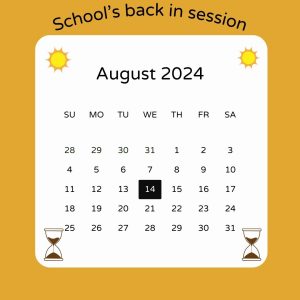The VHS community reminds us how important environmental consciousness is
How does VHS work towards a more eco-friendly campus, and what can be done to improve?
Rob Lewis’ biology and chemistry classroom displays posters of some Ventura islands and sanctuaries. Photo by: Sophia Denzler
October 21, 2021
Global warming and climate change are issues that have been present in scientific and political debates since the 1900s. According to NASA, the effects of climate change include higher temperatures, irregular precipitation patterns, rising sea levels, melting ice caps/glaciers and stronger natural disasters.
Most students at VHS live in the beach town of Ventura, where farmers markets, small businesses, swap meets and beach cleanups are common.
How can one be more eco-friendly as a student? Rob Lewis, a biology and chemistry teacher at VHS said, “If high school students don’t take note of how things are changing in the environment, what they currently see will definitely not be around in the future.”
He said, “Change is hard, it may be just changing one aspect of your life. If you always drive by yourself, could you carpool? Is there a way you could ride your bike any way that is not adding to pollutants?”
Some clubs on campus that work towards a cleaner earth include Greener World Action Team (GWAT), Heal the Beach Club and Tri-Activism. Another way to incorporate a greener lifestyle is a vegetarian or vegan diet.
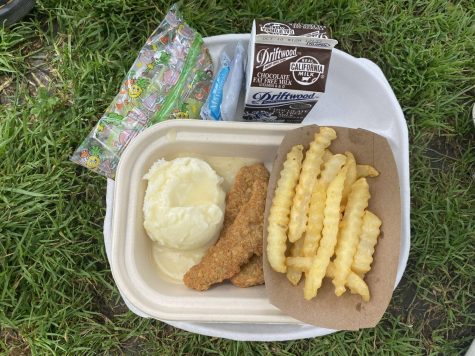
There are ways that VHS can become more environmentally friendly as a whole on campus. Lewis suggested, “We live where we get a tremendous amount of sunshine and we do have access to solar energy so that is one way to reduce our impact on the environment because it is a renewable, sustainable energy source.” Lewis said, “We are going to get to a point where this [damage done by climate change] is irreversible and we’re getting closer to that point so I definitely think high school students need to be aware of how they can affect the future.”
Freshman Annabella Lehtonen said, “As students, we are the future and we need to do what we can now before it is too late.”
If a VHS student has ever bought lunch at school, they would have used disposable utensils and food in plastic, one-use wrappers. Over time, this accumulates a large amount of waste that could have easily been avoided by using reusable water bottles or lunch boxes.
Lehtonen said, “I also think the school should use less plastic in the cafeteria because there is a lot being used and we could definitely cut down on the amount.”
Simply choosing to be involved, informed and make any small changes and bringing others along can make a world of a difference in the long run.



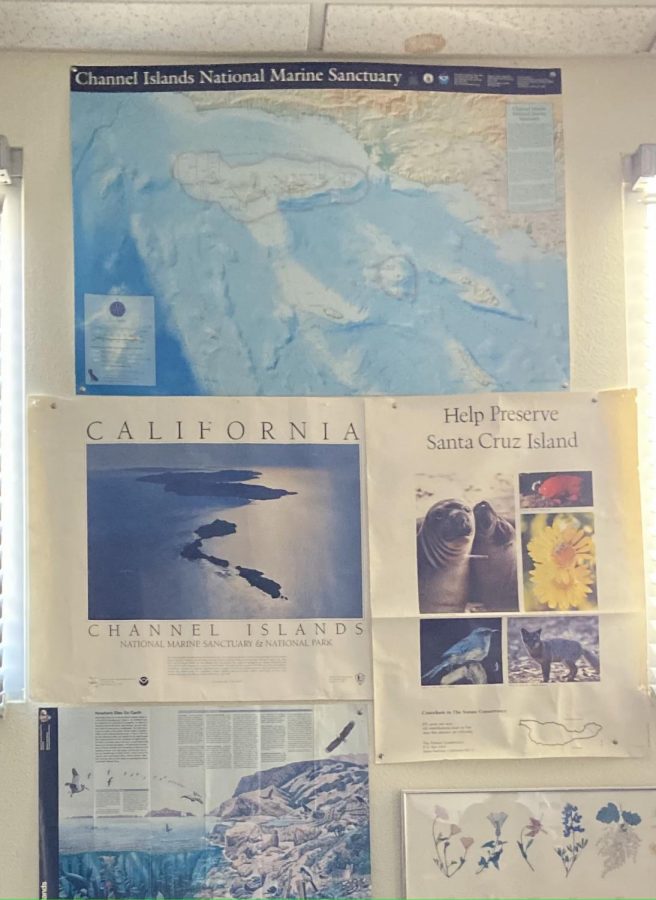
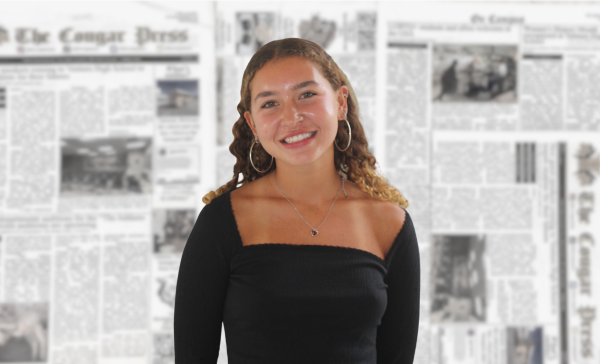
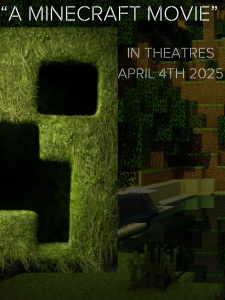
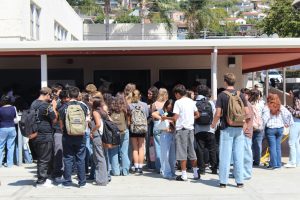

![Lindsay Guzik, new assistant principal said, "I am settling in [at VHS] pretty well. I know a lot of the students, so that makes it a little bit easier coming from Cabrillo, and it's been nice to see them all grown up." Photo by: Abraham Kassa](https://thecougarpress.org/wp-content/uploads/2025/09/IMG_9728-300x200.jpg)
